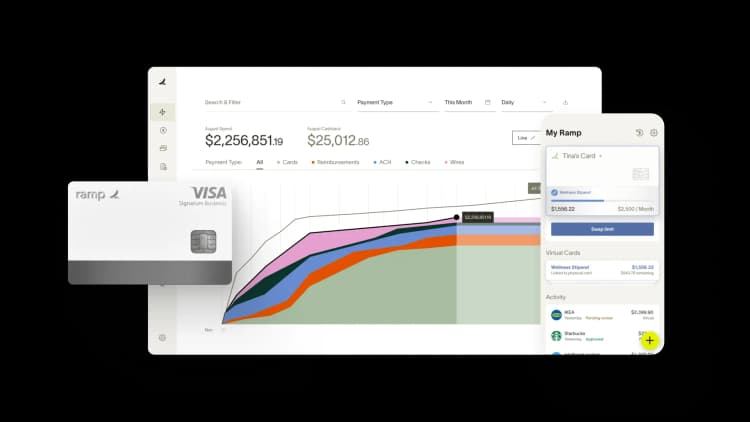

Silicon Valley Bank (SVB), the financial institution that has served the tech industry for more than 35 years, has recently been the subject of quite a bit of controversy revolving around a failed funding round, a bank run, forced receivership, and now acquisition and asset sales. SVB, which has funded more than 30,000 startups and invested in numerous tech unicorns, is a major player in the industry. The speculation regarding an acquisition has led to several questions and concerns from both the industry and SVB's stakeholders.
Throughout the past few days, intense deliberations centered around possible bail-out or acquisition options for the struggling SVB. In a joint effort, the US Treasury, Federal Reserve, and FDIC agreed to safeguard and insure the deposits of impacted SVB customers, concurrently pursuing potential buyers for the company or its assets. Despite these endeavors, the complex nature of SVB's balance sheet, containing unconventional assets like private loans against private company stock, wineries, and other esoteric assets may have hindered the identification of a prospective buyer by Tuesday morning.
As of Tuesday morning, speculation that Apollo and other private equity firms are looking to buy some of these assets, with the support of a number of venture capital firms. However, from a strategic perspective the best natural acquirer for SVB may be another, larger bank. The reason is quite simply the fact that its complex pool of loans will be hard to maintain and service if the acquirer didn’t already have significant servicing capabilities. As of Tuesday, it appears that SVB is back open for business, with accounts more or less fully functional. More importantly, it seems like existing venture debt lines are still active and being drawn down. The ultimate question for the start up and venture community is: will the ultimate acquirer of SVB continue to fund these styles of loans and continue to provide the start up community with debt capital?

“In the public sector, every hour and every dollar belongs to the taxpayer. We can't afford to waste either. Ramp ensures we don't.”
Carly Ching
Finance Specialist, City of Ketchum

“Ramp gives us one structured intake, one set of guardrails, and clean data end‑to‑end— that’s how we save 20 hours/month and buy back days at close.”
David Eckstein
CFO, Vanta

“Ramp is the only vendor that can service all of our employees across the globe in one unified system. They handle multiple currencies seamlessly, integrate with all of our accounting systems, and thanks to their customizable card and policy controls, we're compliant worldwide. ”
Brandon Zell
Chief Accounting Officer, Notion

“When our teams need something, they usually need it right away. The more time we can save doing all those tedious tasks, the more time we can dedicate to supporting our student-athletes.”
Sarah Harris
Secretary, The University of Tennessee Athletics Foundation, Inc.

“Ramp had everything we were looking for, and even things we weren't looking for. The policy aspects, that's something I never even dreamed of that a purchasing card program could handle.”
Doug Volesky
Director of Finance, City of Mount Vernon

“Switching from Brex to Ramp wasn't just a platform swap—it was a strategic upgrade that aligned with our mission to be agile, efficient, and financially savvy.”
Lily Liu
CEO, Piñata

“With Ramp, everything lives in one place. You can click into a vendor and see every transaction, invoice, and contract. That didn't exist in Zip. It's made approvals much faster because decision-makers aren't chasing down information—they have it all at their fingertips.”
Ryan Williams
Manager, Contract and Vendor Management, Advisor360°

“The ability to create flexible parameters, such as allowing bookings up to 25% above market rate, has been really good for us. Plus, having all the information within the same platform is really valuable.”
Caroline Hill
Assistant Controller, Sana Benefits



